From Homeschooler to NYC Business Executive: Does Homeschooling Produce Successful Adults?
My childhood was unconventional, to say the least. When I entered college, I avoided telling anyone about my educational background because I already knew their reaction.
Wide, surprised eyes, then their brows would crease in confusion. “Homeschooled? From preschool to college?! But you’re so normal! What was it like?”
I grew tired of explaining it. Justifying it. Laughing and defending myself against the naive, antisocial stereotype that plagues homeschooling as a whole. I’m thankful for my education – I know it was extraordinary in terms of the standards of excellence, exposure to various ways of thought, and the freedom and flexibility that defined my schedule. However, I’ve always wanted to analyze its benefits and deficits, and that requires starting at the beginning.
Meet Derrick and Linda Jackson.
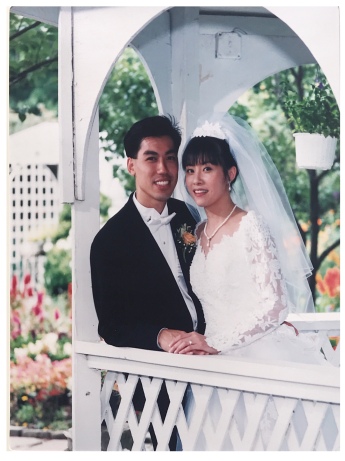
My father double-majored in Philosophy and Bible at Wheaton College – a private liberal arts school in Chicago. Although he also received his Masters in Computer Information Systems and worked in tech for years, he eventually followed his first calling and became a pastor. My mother studied Applied Economics and Business Management at Cornell University. Her initial goal was to make as much money as quickly as possible, but she discovered a passion for helping others during college and accepted a position as an Admissions Counselor at Pace University. Their worlds collided at a Christian conference for young adults in 1992.
I was born in December 1997, which is also the year my aunt and uncle began homeschooling their oldest son. Derrick watched with interest, but Linda staunchly rejected the idea. She was afraid of the stereotype – afraid her children wouldn’t “turn out normal” and wouldn’t have friends. Her parents also believed she should be utilizing her expensive degree, not staying home with the kids – after all, that’s what grandparents were for.
It wasn’t until my parents attended their first homeschooling conference that Linda’s view began to shift. She appreciated the stories from successful homeschool mothers that sent their children to prestigious universities, but the key turning point occurred after a conversation with a group of homeschooled teens. The teens spoke eloquently, dressed modestly, and conducted themselves with confidence and respect. As they walked away, Linda remarked, “There’s something different about them…”
My dad smiled and nodded. “They don’t carry the marks of the culture.”
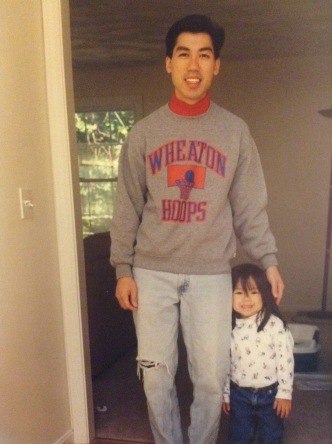
My parents homeschooled me because they wanted to shape my worldview. While academic excellence and well-rounded development were prioritized through basketball, speech & debate, dance, gymnastics, and piano lessons, character was the main prerogative. The constant discussion of morals and various philosophies entwined itself throughout my education. At the end of the day, my parents wanted me to love God and love people.
Regarding education, my mom resembles the strict “Asian tiger parent” much more than my dad. She holds herself to a high standard of excellence in every aspect of life and she instilled that pursuit of perfection in me from a very young age. Even as a kid, I remember feeling like I wasn’t allowed to color outside the lines during arts and crafts. The first time I colored, she held my hand, teaching me how to outline the characters with a darker color before filling in the center with light, smooth strokes. I remember stopping peers in Sunday School when they weren’t “coloring the right way” and teaching them how they were “supposed to do it.” From a young age, my worldview was characterized by black and white – I believed there was a right way to do everything, while the wrong way had to be avoided at all costs.
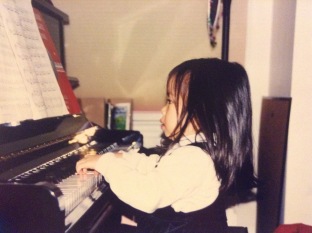
My mom settled for nothing less than the best in terms of curriculum. She spent hours researching different curriculums for each subject, and only selected the most comprehensive materials that showed proven results. Although many homeschoolers chose one curriculum that provided every subject, I used a different brand for each class – Apologia for science, Thinkwell and Singapore Math, and online AP classes for English, Social Studies, and Psychology. My classmates hailed from around the world – my AP English and Literature teacher lived in Israel, and I collaborated with students from Germany, Singapore, and various states across America. To qualify my education against state and national standards, I took annual standardized exams throughout elementary and middle school before focusing on the SATs, SAT subject tests, and AP exams in high school.
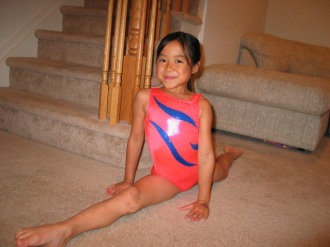
One of the aspects I appreciated most about homeschooling was its flexibility. I could learn at my own pace – rather than wasting hours in a classroom discussing concepts that I already understood, I could move onto the next lesson and work ahead. That’s one of the reasons I’m a 20-year old senior at The College of New Jersey. American public school standards place me a year behind according to my age, but homeschooling allowed me to excel based on my capacity to learn.
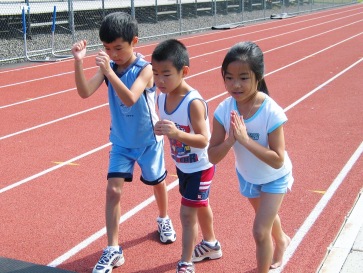
On the other hand, my father played the role of athletic disciplinarian – the gym coach of all gym coaches. Derrick served as the captain of his high school basketball team before playing in college and coaching college basketball for a brief period. Although basketball is his first love, he introduced us to almost every sport – growing up, I played tennis, softball, skied, snowboarded, bowled, ran track, and took ballet and gymnastics. Over the summer, my dad brought me and my brothers to the local high school track every day and timed us in running the mile. We also attended his mandatory 6:00am basketball practices 3x/week, and weren’t allowed to leave the court until we accomplished the tasks at hand – whether they were making a certain number of free throws in a row or completing a drill without mistakes. Through the blood, sweat, and tears, I learned discipline. Although I hated those early mornings full of frustrating challenges, they cultivated mental strength and fortitude. I learned that giving up is never an option – the most important character trait that contributes to my success today.
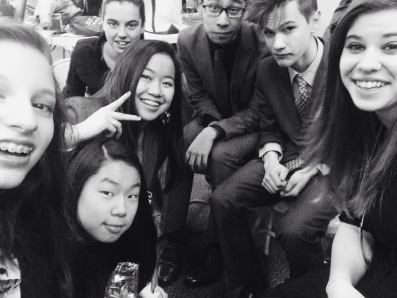
So what are the deficits of homeschooling? Although I’m grateful for my challenging, comprehensive, and nuanced education, sometimes I regret not attending public high school. I hear about prom and homecoming, watch my college peers go home to massive friend groups from high school, and I can’t relate. Although I had a wide variety of friends growing up, they were splintered between my various extracurriculars. I never experienced one cohesive friend group until college.
However, I don’t think that’s necessarily a loss. Homeschooling made me extremely independent and goal-oriented. Growing up, I was surrounded by my parents and my parents’ friends more often than my peers – which taught me how to analyze and think more maturely.
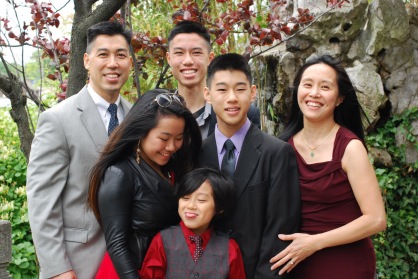
While my homeschool education has served me well, I don’t think the same can be said for all cases. Homeschooling is only successful when combined with multiple extracurriculars. Many homeschool parents don’t realize that EQ must be cultivated just as much as IQ. If I spent all my time studying alone in my room, I wouldn’t have learned the necessary social skills to be successful. Engaging in speech and debate, playing on multiple sports teams, and tutoring younger students taught me to collaborate, lead, and cultivate relationships. I encourage parents to prioritize extracurricular development through music, sports, religion, clubs, and employment. I learned just as much from waitressing at a brunch restaurant as I did in my online AP classes. While establishing strong morals and values is critical for elementary-aged students, exposing older students to all aspects of life – the good, the bad, and the ugly – is just as important. Many homeschool parents make the mistake of over-sheltering their children, so that when they are thrust into the world, they don’t know how to handle it. Like anything in life – a good balance is crucial.
Would I homeschool my kids? I’ve thought about it. I appreciate the freedom it allows parents to instill values and shape morals, which I think is most important for children during the impressionable elementary age. Looking back at my own experience, I think I would consider homeschooling my children from 1st-8th grade before enrolling them in public or private high school.

Homeschooling has many benefits, if done correctly. I’m extremely thankful for the discipline, standards of excellence, and efficiency it’s taught me. I attribute my success to the values my parents instilled in me from a young age – honesty, loyalty, and the belief that anything is possible if you work hard enough.
Future plans: In Spring 2019, I look forward to studying abroad in London for my final semester of college before beginning my full-time role as an Account Coordinator for News America Marketing in New York City.

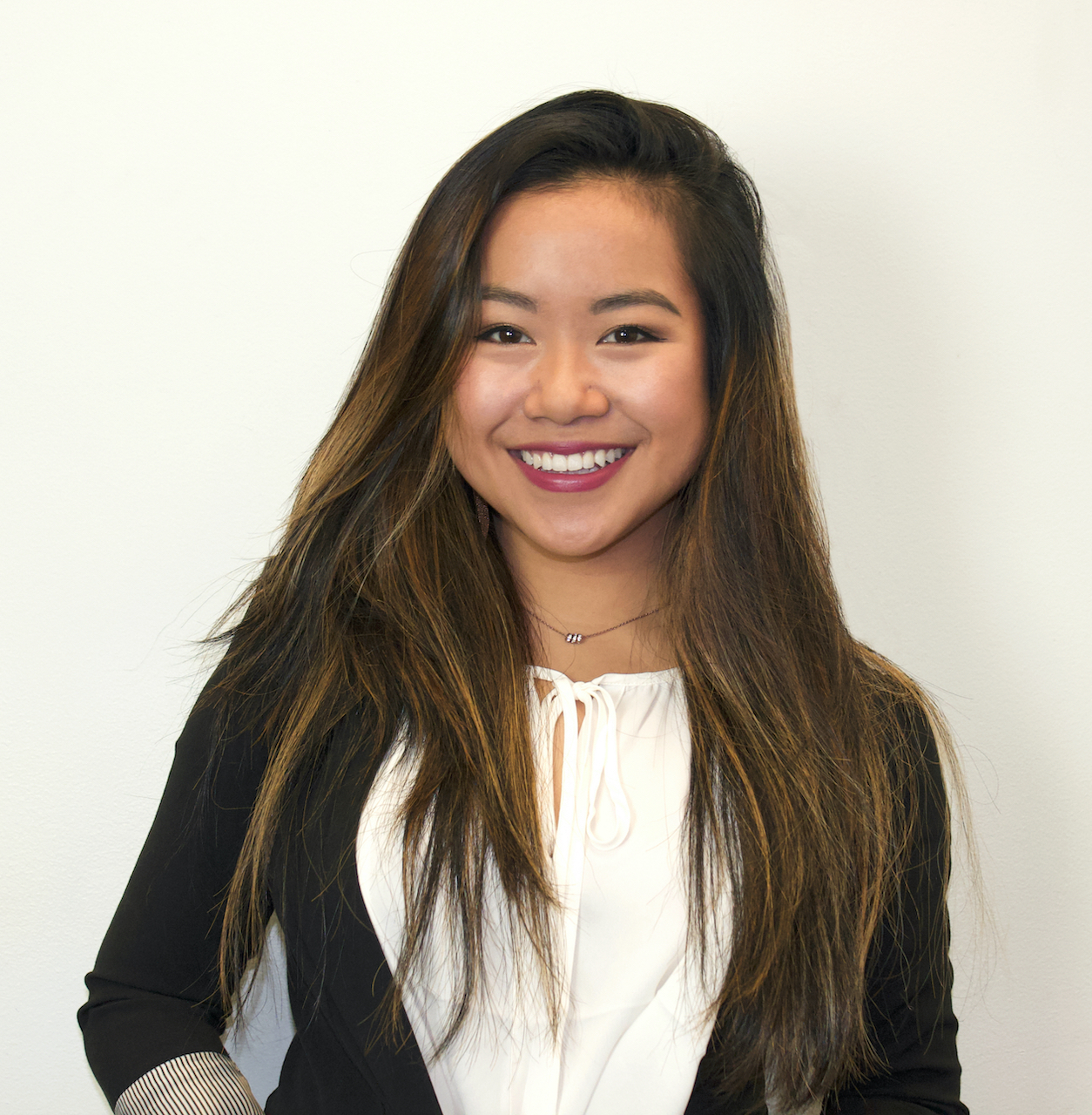
Wow, thank you for sharing and for being so open. I believe that God has orchestrated every one of our lives and you can definitely see his hand in yours. As I was reading, I was reflecting on freshman year and how you were one of the nicest people I’ve met. Thank you for sharing your story!!!
Thank you, Eash!! Your feedback always means the world to me – thanks for consistently inspiring to me evaluate my life and share my reflections. We’ve come so far since freshman year, but this is just the beginning 🙂
No problem and it is just the beginning!